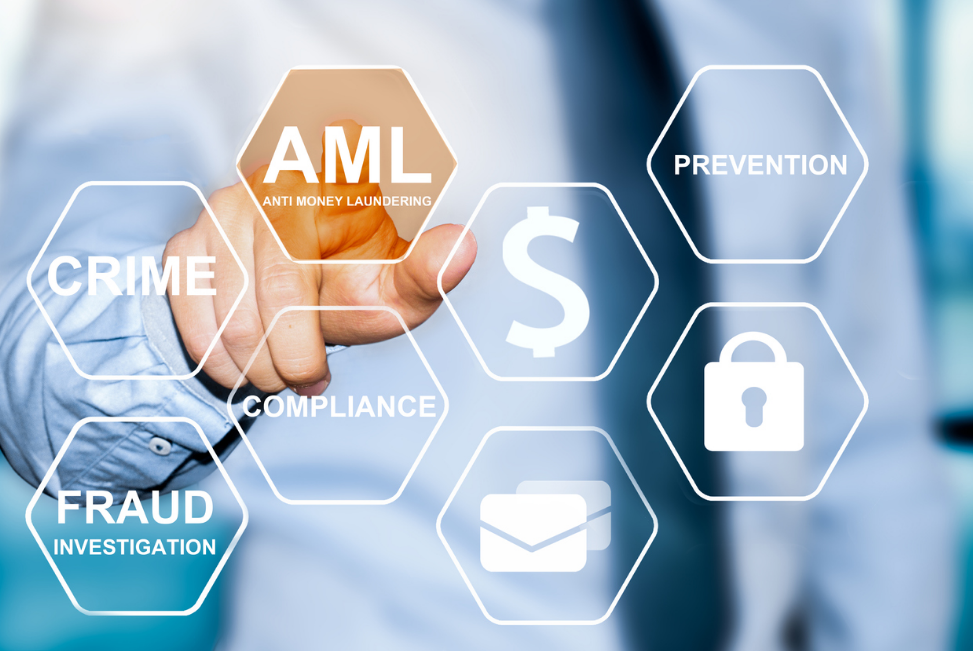In today’s global economy, businesses face a range of financial risks that can threaten their operations and reputation. One of the most significant risks is money laundering, which can result in significant financial losses, legal consequences, and reputational damage. To mitigate these risks, businesses need to ensure they are fully compliant with anti-money laundering (AML) regulations. One of the most effective ways to achieve compliance is through regular AML compliance audit.
- An AML compliance audit is an independent review of a business’s AML policies and procedures to ensure they are compliant with relevant regulations and are effective in mitigating financial crimes.
- These audits can be conducted internally or by an external auditor or consulting firm that specializes in AML adherence solutions.
- There are several reasons why your business needs regular AML submission audits. Here are some of the most important ones:
1. Ensure Regulatory Compliance
The primary reason to conduct regular AML audits is to ensure your business fully complies with relevant regulations. Failure to comply with AML regulations can result in significant legal consequences and reputational damage, so it’s essential to take compliance seriously. Regular audits can help you identify areas where your business may be falling short and implement solutions to achieve compliance.
2. Mitigate Financial Risks
Another important reason to conduct AML compliance solutions is to mitigate financial risks. Money laundering can result in significant financial losses for businesses, so it’s essential to have effective policies and procedures to prevent it. Regular audits can help you identify potential vulnerabilities and implement solutions to mitigate financial risks.
3. Improve AML Policies and Procedures
Regular AML-keeping audits can also help you improve your business’s AML policies and procedures. By identifying areas where your policies and procedures may be falling short, you can implement changes to improve their effectiveness. This can help you stay ahead of potential threats and ensure your business is fully prepared to prevent financial crimes.
4. Demonstrate Due Diligence
Regular AML submissions can also help you demonstrate due diligence to regulators and other stakeholders. By conducting audits on a regular basis, you can show that you are taking compliance seriously and are committed to preventing financial crimes. This can help build trust and credibility with stakeholders, which can be valuable for your business in the long run.
Conclusion:
Regular AML compliance audit is essential for businesses that want to stay ahead of financial risks and ensure regulatory compliance. By conducting audits on a regular basis, businesses can identify potential vulnerabilities, implement solutions to mitigate risks, improve their AML policies and procedures, and demonstrate due diligence to stakeholders. To achieve these benefits, businesses should consider working with an external auditor or consulting firm that specializes in AML compliance solutions.


